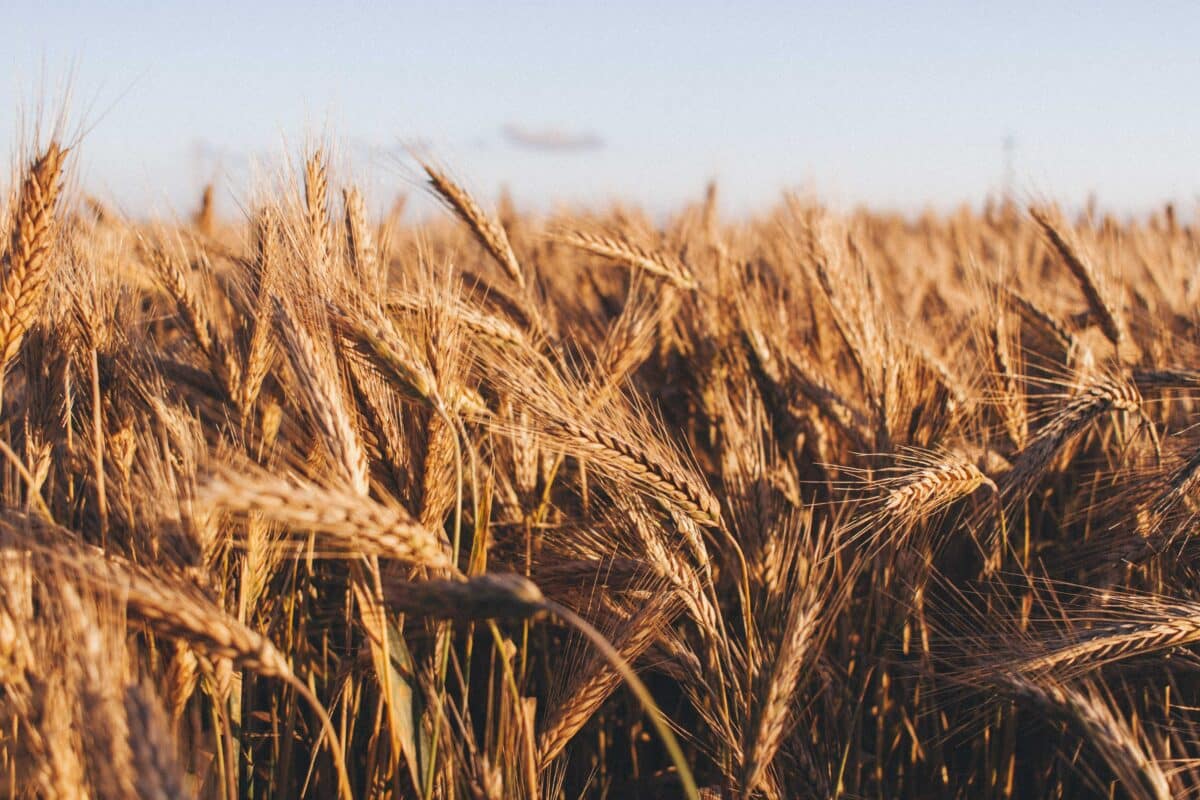Canadian Wheat Farming: Challenges and Opportunities
Wheat farming has long been a cornerstone of Canada’s agricultural industry, contributing significantly to domestic consumption and global export markets. However, recent global events and changing climate patterns have presented new challenges for Canadian wheat farmers. Amid the Russia-Ukraine war and Australian crop challenges due to El Niño, Canada’s wheat production shines, bolstering global supplies. In the upcoming 2023-24 marketing year, Canadian wheat farmers are navigating challenges while capitalising on wheat farming opportunities.
Challenges: Rising Temperatures and Soil Moisture
While Canada’s wheat acreage has expanded to 10.7 million hectares for the 2023-24 marketing year, the country has challenges. Rising temperatures and poor soil moisture levels have become growing concerns for Canadian wheat farmers. As global temperatures continue to climb due to climate change, Canada is experiencing shifts in its traditional weather patterns, impacting wheat farming.
These adverse conditions can directly impact the quality of the wheat crop. Wheat fields require a delicate balance of moisture and temperature to produce high-quality wheat grain. Insufficient moisture can lead to stunted growth and decreased wheat yield, while extreme heat can affect the development of wheat grains, leading to reduced wheat grain quality.
Wheat Farming: Statistics and Projections
Statistics Canada’s August principal field crop update shows that the country’s wheat farming has grown significantly, particularly in spring wheat. It witnessed an 8% increase in planted area to 8.3 million hectares. People approach these positive developments with caution. The August Agriculture and Agri-Food Canada report used the 2023-24 wheat output forecast to 33.2 million metric tons. This is a 2% decrease from the previous year. Wheat exports are set to drop to 23.8 million metric tons, a decrease from the previous season’s 24.6 million metric tons.
In conclusion, while Canada’s wheat farming industry is poised for growth in terms of acreage, it needs help maintaining the quality and quantity of its wheat crop. Rising temperatures and unpredictable soil moisture levels pressure Canadian wheat farmers. Canada’s resilience in the global wheat market hinges on its capacity to innovate and adapt amid formidable challenges. As the world continues to grapple with food security concerns, the resilience and expertise of Canadian wheat farmers will play a pivotal role in ensuring a stable supply of whole wheat flour and wheat grain for both domestic and international markets.
The post Canadian Wheat Farming: Challenges and Opportunities appeared first on FinanceBrokerage.

































